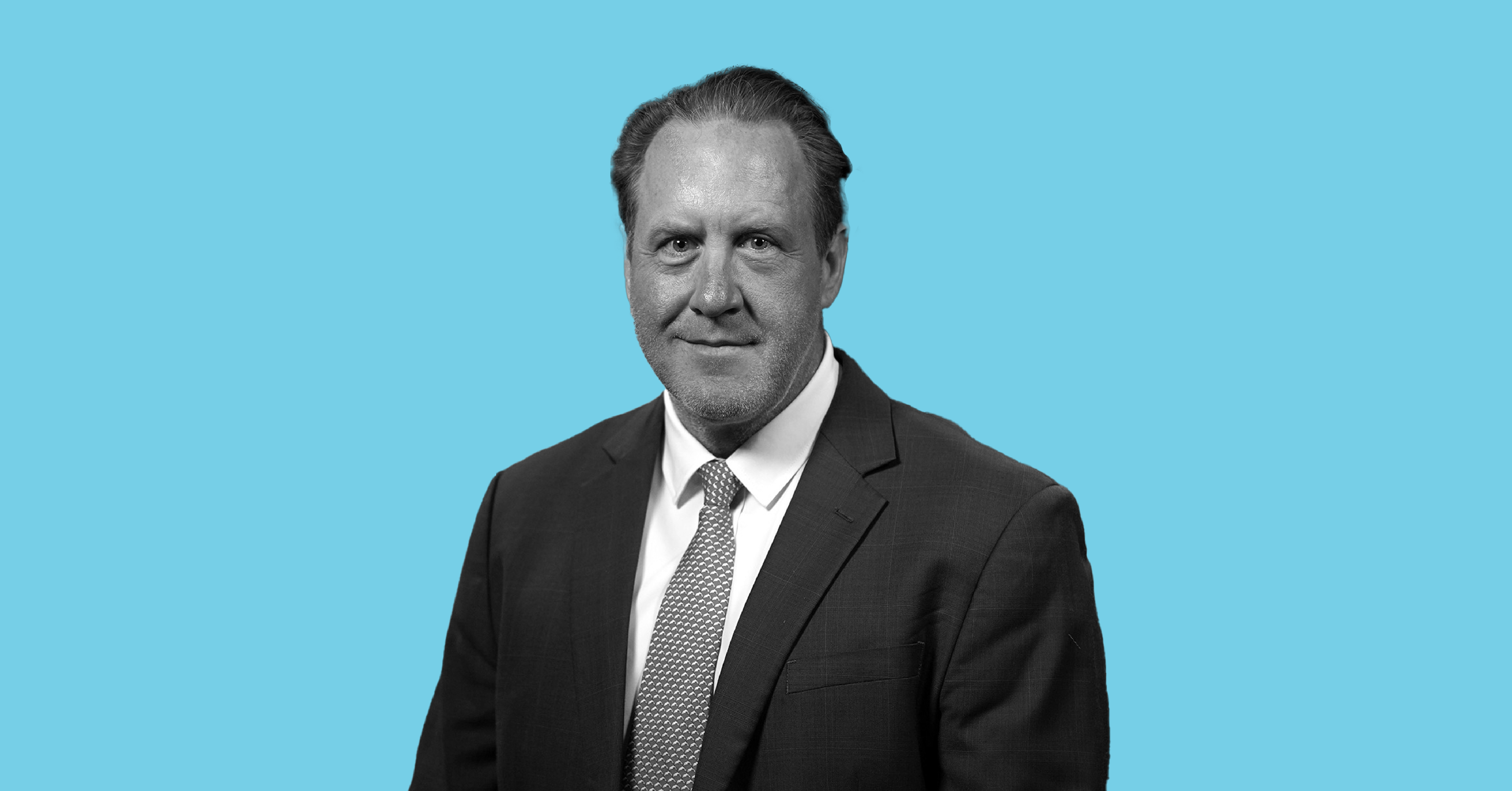An EDCUtah DEI profile: The Center for Economic Opportunity and Belonging at EDCUtah

July 7, 2021
Note: As of 2023, the Center for Economic Opportunity now functions as an independent 501(c)3. Learn more about The Center here.
The power of collaboration is a silver lining that came out of the COVID-19 pandemic. The Center for Economic Opportunity & Belonging (CEOB) was officially launched in 2021 under the newly formed EDCUtah Foundation to engage with communities and catalyze private, public, and philanthropic partnerships to remedy opportunity gaps in Utah. Ze Min Xiao ("Zee") was tapped in June 2021 to serve as director of the CEOB.
We caught up with Zee to learn more about CEOB’s mission and emerging efforts.
What’s your elevator speech about CEOB?
One of six priorities articulated in the Cox administration's One Utah Roadmap is Equity and Opportunity. This includes a goal to lead by example to improve racial and gender disparities in state government. As state leaders formalize these and other strategies, in parallel, the private sector has pledged their commitment by launching CEOB.
Key priorities of CEOB are to ensure that communities of color can be participatory architects of their future and to advance economic equity and strengthen community cohesion through fostering an environment of belonging.
What’s the action plan to accomplish these goals?
It’s really a three-fold strategy that starts with building a community where everyone feels they belong. We’ll do this by generating narratives to influence and inform perspective, perception, and behavior.
The first tangible step in our action plan is to launch what we’re calling the Belonging Campaign in Utah. It’s modeled on some national efforts to explore stories of people experiencing the positive power of belonging. You can see more at https://belongingbeginswithus.org
The second step is to build mutually respectful relationships across racial and ethnic lines that honor andvalue each person's humanity, and build trusting intergenerational and diverse community relationships that better reflect our common humanity. Let’s stick a big ladle in the Utah melting pot, and give it a good stir!
This second step really centers on community engagement. We want to foster an environment where communities of color are active planners in the process to close the racial equity gap for children and families in Utah. This will be grounded in what I call Participatory Asset Mapping, a structured process to gather information from communities about their strengths and resources. And it will be based on coalition building, by which I mean standing up an environment where forming partnerships and bridge-building becomes habitual.
The third step focuses on economic equity. In economic and cultural terms, New Americans, who are immigrants, play a vital role in Utah. The Center will support a statewide task force on New Americans to develop a strategic plan to improve opportunities, advance integration of foreign-born residents, and maximize their potential to succeed.
The task force will include a range of government, political, industry, and, most importantly, New American leaders to conduct research to identify paths forward. Based on the findings, analysis, and community input, the task force will develop a roadmap with measurable strategies. This effort is obviously in the early stages, but it has the potential to profoundly enrich the Utah economy.
You mentioned that the Center is a private-sector complement to public-sector efforts. How do you plan to collaborate with the State?
First of all, we have great allies in Nubia Peña, who was appointed as the Director of the Utah Division of Multicultural Affairs in June 2019 and was recently named Senior Advisor of Equity and Opportunity for the Cox administration, and Bryon Russell, who co-chairs the Utah Multicultural Commission.
I’m in almost daily conversation with them both, and they are providing invaluable guidance to CEOB efforts. Together we are seeking ways to make the public and private-sector efforts effective and efficient.
How does the CEOB’s mission enhance EDCUtah’s corporate recruitment program?
I agree with EDCUtah board chair Tom Morgan of Zions Bank when he says, "Economic Development and DEI are connected at the hip. It’s imperative that we enable every dynamic in a community. Nobody can be left out if we’re going to reach an economy’s full potential."
Now Tom’s is a macro-level view of our mission. There are also street-level considerations. Site selectors and corporate executives involved in expansion decisions are increasingly asking questions about diversity and demographics. The ability to recruit and retain a diverse workforce has emerged as a decision-making priority, and this is happening across a broad range of industries. CEOB will help EDCUtah identify and articulate the trends, resources, and narratives that promote Utah as a good site selection choice.
How can businesses participate with the Center’s mission and programs?
First, learn about Utah’s changing demographics and the positive impact New Americans have on our economy. You can find the latest data on New Americans in Utah here. You can find out about the economic impact of New Americans in Salt Lake County and a map showing the top 10 countries of birthplace for Salt Lake County’s immigrant population here. The map is on the last page.
Second, I would encourage the EDCUtah audience to review the findings of the Kem C. Gardner Policy Institute’s Diversity Databook.
And finally, when we launch the Belonging campaign, please participate! If you have diverse employees with a story to tell, we want to share that story widely. We’ll provide more details in the coming months.






